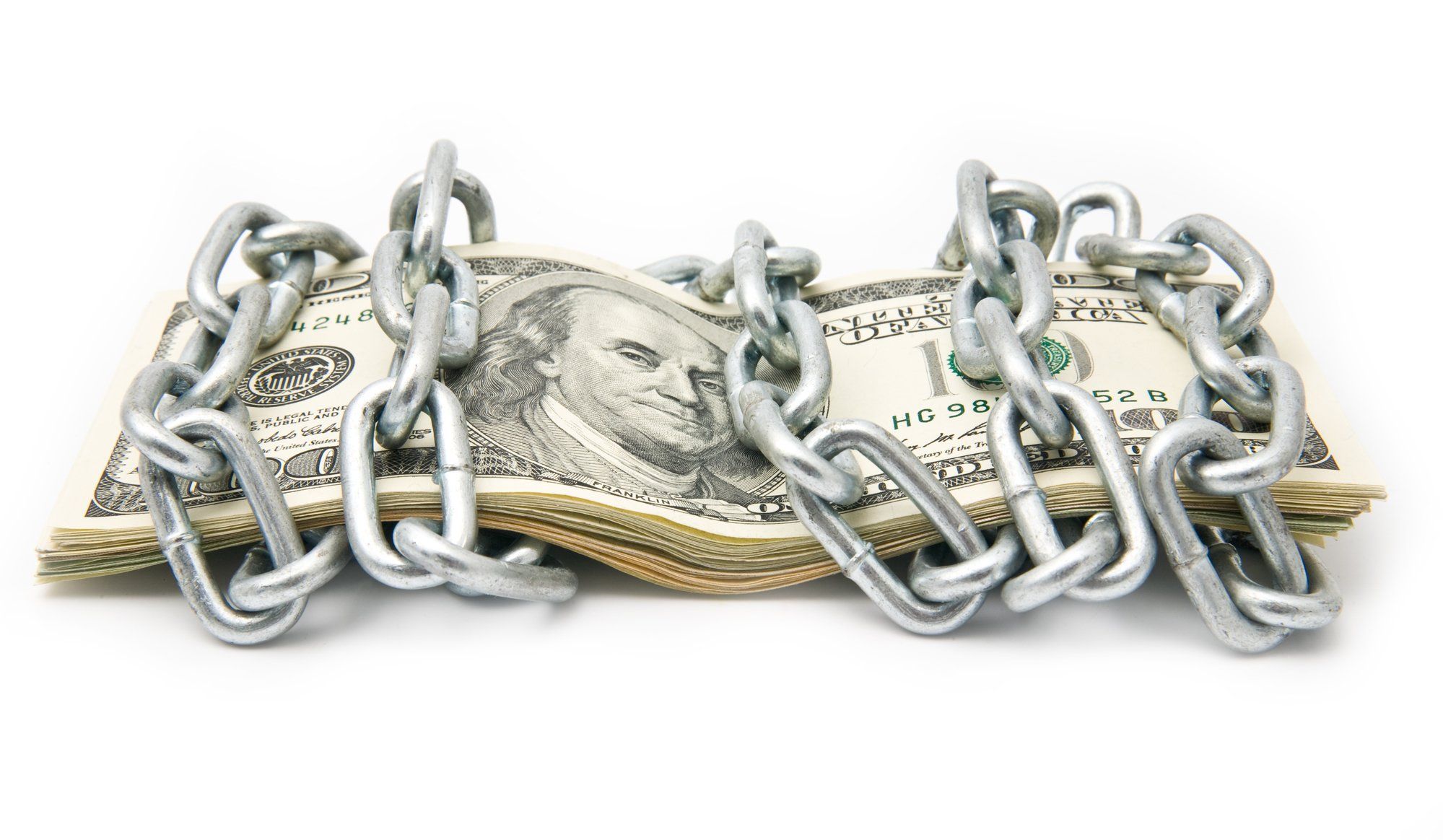Top Class Actions’s website and social media posts use affiliate links. If you make a purchase using such links, we may receive a commission, but it will not result in any additional charges to you. Please review our Affiliate Link Disclosure for more information.

Moebs Services, a financial institutions analytics company, conducted research into overdraft fees, noting that financial institutions raised their average overdraft fee from $29 to $30 last year, right behind banks, which typically charge a $33 overdraft fee on average, per Statista.
Reportedly, the increase in price of overdraft fees is higher than inflation — if overdraft fees had increased proportionally with inflation, they would be around $25.
Though credit unions are known for consumer-friendly practices and prices, their overdraft fees are barely lower than those at banks, according to MarketWatch.
This reportedly allowed credit unions to make $6.9 billion in revenue in 2018, in what Credit Union Times calls a “revenue bonanza” for the financial institutions.
Do credit unions charge overdraft fees that are too high?
MarketWatch notes that just 26 percent of banks and only around eight percent of credit unions charged less or equal to the amount overdraft fees would cost if they increased proportionally with inflation.
Consumers are charged more and more for overdraft fees, even at institutions that are seen as good for consumers. While credit unions have a well-earned reputation for charging fewer fees on the whole than banks do, overdraft fees are not one of them. In fact, consumers can still be charged overdraft fees at their credit unions, and in many cases, these fees can be about the same as those charged by the big banks, according to Forbes.
When do credit unions charge overdraft fees?
Both credit unions and banks charge overdraft fees when a consumer makes a purchase that exceeds the amount of money that they have in their account. If the financial institution allows the charge to go through, then they charge an overdraft fee for the “convenience” of allowing a charge to go through.
For ATM and certain one-time debit card transactions, financial institutions are not allowed to charge overdraft fees unless a consumer opts in to an overdraft protection program. However, they can still charge insufficient funds fees for certain types of transactions. These fees are charged to consumers when a customer makes a charge that exceeds the amount in an account and the bank does not allow the charge to go through.
Overdraft fees are a significant source of revenue for financial institutions. Fewer and fewer consumers are over drafting their accounts, in part because mobile banking makes it easy for customers to keep track of their balances. So, to keep revenues up, financial institutions may try to find a number of ways to charge more frequent overdraft fees, or may turn to charging higher overdraft fees.
Such was the case with credit unions last year, according to Moebs Services. Pymnts.com digs into the research conducted by Moebs, noting that the average overdraft fee at credit unions has increased from $15 in 2000 to $29 in 2017. This then reportedly rose to $30 in 2018, and now hovers at around $33. Banks and credit unions together likely took more than $30 billion in revenue from overdraft fees in 2020 alone, according to Moebs data provided to CNBC.
If you were charged unfair overdraft fees by your bank or credit union, you could be eligible to participate in a FREE class action lawsuit investigation. If you qualify, an attorney will contact you to discuss the details of your potential case at no charge to you.
Fill out the form on this page now for a free, immediate, and confidential case evaluation.
This article is not legal advice. It is presented
for informational purposes only.
ATTORNEY ADVERTISING
Top Class Actions is a Proud Member of the American Bar Association
LEGAL INFORMATION IS NOT LEGAL ADVICE
Top Class Actions Legal Statement
©2008 – 2024 Top Class Actions® LLC
Various Trademarks held by their respective owners
This website is not intended for viewing or usage by European Union citizens.
Get Help – It’s Free
Join a Free Bank Overdraft Fee Class Action Lawsuit Investigation
If your bank and credit union has engaged in deceptive overdraft fee practices, you may have a legal claim. Fill out the form on this page now to find out if you qualify!
An attorney will contact you if you qualify to discuss the details of your potential case.
PLEASE NOTE: If you want to participate in this investigation, it is imperative that you reply to the law firm if they call or email you. Failing to do so may result in you not getting signed up as a client or getting you dropped as a client.
In order to properly investigate overdraft fee claims, you may be required to disclose bank statements to overdraft fee attorneys. Please note that any such information will be kept private and confidential.












